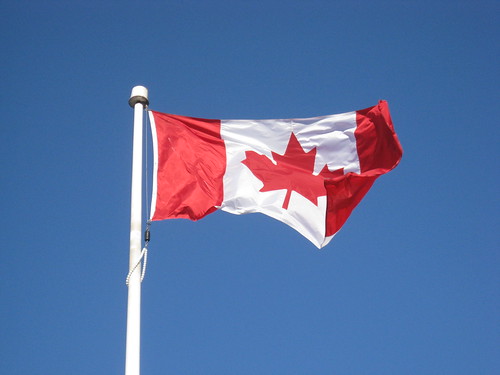
At the very end of our intercultural training for my exchange semester in Canada, the professor showed us a little video to loosen up and cap our session.
We had talked about culture and intercultural communication in general before, about Austrian an Canadian culture in particular and we had even discussed about some “strange encounters” between Canadians and Austrians. We had heard lots about the “Britishness” of Canadian culture, and how it is different from the US in some way. And still, when we watched the video (which is from 2000 by the way), we had really no clue what it really was about (or “a boot”).
Almost four months and some Canucks games, pints of (not very well-tasting) Molson Canadian and “intercultural interactions” later, I feel like I know a great deal more about Canada. About hockey (no need to put an “ice” in front of the word here). About the respect for nature or what I’d call an outdoor mentality. About multiculturalism. About the fact that they write British English, but speak American English. About that “difficult” relationship to their southern neighbours in general (that reminds me of Austria vs. Germany and New Zealand vs. Australia by the way). And about the fact that Molson is the “back-up” beer almost everywhere you go.
Talking about Canadian identity as a non-Canadian, the funny thing is: the Molson commercial – even though it’s cliché – sums up a lot. So, for the pleasure of the European readers: a short lesson about Canadian identity, told by a beer brand.
The Anthem:
Hockey:
The Beaver:
In the Office with an American:
You can’t really say you are Canadian if you are not, so after the merger with Coors a few years ago, they buried “I am Canadian” . The story they tell, however, hasn’t changed at all and at the moment their witty commercials decipher The Unwritten Code in Canada.
Of course, in its essence, it is just nationalism as a brand platform. It uses the least common denominator of canadian popular culture and builds the whole brand around it. And that makes me think about what something like that would look like in Austria, where the question of identity is also not an easy one.